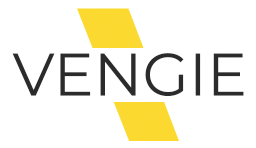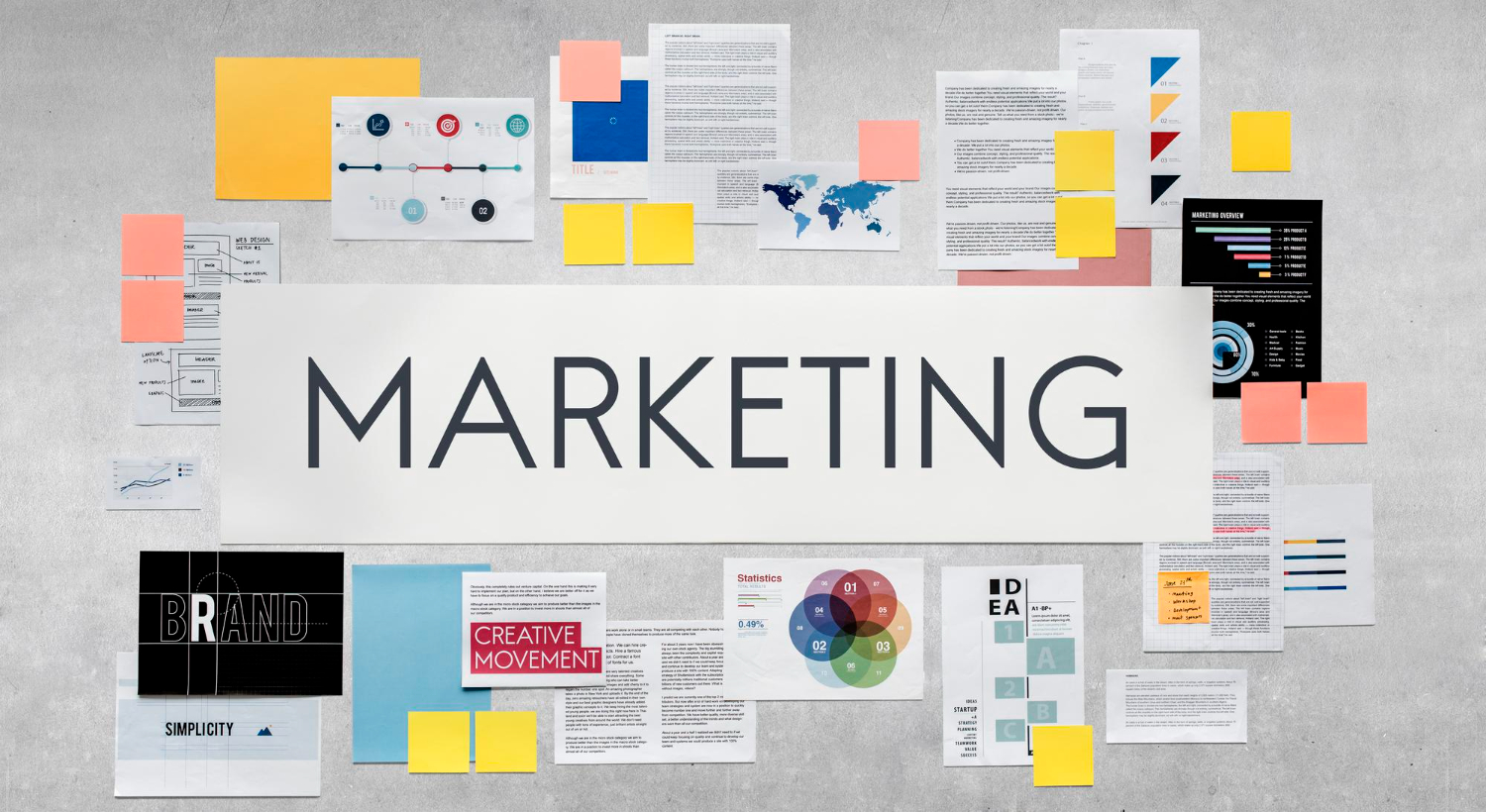Table of Contents
Introduction
In the constantly evolving digital marketing landscape, staying ahead of the game is crucial for businesses seeking to attract and retain customers.
With new technologies emerging and consumer behaviours shifting, it’s essential to adapt your digital marketing strategies to remain relevant and practical.
As we head into 2023, businesses will need to be even more strategic and creative in their approach to digital marketing to stay ahead of the competition. In this article, we will explore the top digital marketing strategies for 2023 that businesses can implement to maximise their online presence and drive growth.
From leveraging AI-powered tools to optimising content for voice search, we will cover the latest trends, and tactics businesses can use to succeed in the ever-changing digital landscape.
Content marketing
Content marketing is a powerful strategy for businesses looking to build brand awareness, establish authority in their industry, and ultimately drive conversions. It involves creating and sharing valuable, relevant, and consistent content with the goal of attracting and retaining a clearly defined audience. The content can take many forms, including blog posts, social media updates, videos, podcasts, and more.
One of the key benefits of content marketing is that it allows businesses to connect with their audience in a more authentic and meaningful way. By providing valuable information, solving problems, and offering insights into industry trends, businesses can establish trust with their audience and position themselves as experts in their field.
In addition to building relationships with customers, content marketing can also have a significant impact on search engine rankings. By producing high-quality content that targets relevant keywords, businesses can improve their visibility in search engine results pages (SERPs) and attract more organic traffic to their website.
However, creating effective content marketing campaigns requires a well-planned strategy and ongoing effort. Businesses must research their target audience, identify their pain points and interests, and create content that speaks directly to their needs. It’s also important to regularly analyze and optimize content to ensure that it’s delivering the desired results.
Overall, content marketing is a powerful tool for businesses looking to build their online presence, establish authority in their industry, and drive conversions. By creating valuable, relevant, and consistent content, businesses can connect with their audience in a meaningful way and position themselves as leaders in their field.
Video Marketing
Video marketing is a powerful strategy that allows businesses to connect with their audience in a more engaging and memorable way. Videos can take many forms, including product demos, explainer videos, customer testimonials, how-to guides, and more. By creating high-quality and visually appealing videos, businesses can showcase their brand and products, build trust with their audience, and ultimately drive conversions.
One of the key benefits of video marketing is its ability to capture attention and convey information quickly and effectively. According to a study by Wyzowl, 84% of consumers say that they have been convinced to buy a product or service after watching a brand’s video. Videos can also be shared on social media, embedded on websites, and incorporated into email marketing campaigns, making them a versatile and effective tool for reaching a wide audience.
Another advantage of video marketing is its ability to improve search engine rankings. Google and other search engines prioritize websites that feature high-quality videos, as they are seen as providing valuable content to users. By incorporating videos into their website content and optimizing them for search engines, businesses can improve their visibility and attract more traffic to their site.
However, creating effective video marketing campaigns requires a thoughtful and well-planned strategy. Businesses must research their target audience, identify their pain points and interests, and create videos that speak directly to their needs. It’s also important to consider the distribution and promotion of videos, as well as tracking and analyzing their performance to continuously improve results.
Overall, video marketing is a powerful tool for businesses looking to build their online presence, engage with their audience, and drive conversions. By creating high-quality and visually appealing videos, businesses can showcase their brand and products, build trust with their audience, and ultimately drive growth.
Search Engine Optimisation (SEO)
SEO marketing, or search engine optimization, is the process of optimizing a website to improve its visibility and ranking in search engine results pages (SERPs). SEO marketing involves a variety of techniques and tactics, including keyword research, on-page optimization, off-page optimization, and technical SEO.
One of the key benefits of SEO marketing is its ability to attract highly targeted traffic to a website. By optimizing a website for relevant keywords and phrases, businesses can attract visitors who are actively searching for products or services like theirs. This can lead to higher-quality traffic and more conversions.
Another advantage of SEO marketing is its ability to improve brand credibility and trust. Websites that appear at the top of search engine results pages are seen as more credible and trustworthy by users, which can lead to higher click-through rates and engagement.
However, SEO marketing can also be challenging, as search engine algorithms are constantly changing and becoming more sophisticated. To succeed in SEO marketing, businesses must stay up-to-date with the latest trends and best practices, consistently produce high-quality content, and build high-quality backlinks to their website.
Overall, SEO marketing is a valuable tool for businesses looking to improve their online visibility, attract highly targeted traffic, and build credibility and trust with their audience. By optimizing their website for relevant keywords and phrases, businesses can improve their search engine rankings, attract more visitors to their site, and ultimately drive growth.
Social Media Marketing
Social media marketing is a popular and effective strategy for businesses looking to connect with their audience, build brand awareness, and drive website traffic. Social media platforms such as Facebook, Instagram, Twitter, LinkedIn, and TikTok offer a variety of opportunities for businesses to engage with their audience, share valuable content, and promote their products or services.
One of the key benefits of social media marketing is its ability to reach a wide audience. With billions of users on social media platforms, businesses can target specific demographics and interests to reach their ideal customer. Social media also allows businesses to engage with customers in a more personalized and authentic way, which can help to build trust and loyalty.
Another advantage of social media marketing is its ability to drive website traffic and improve search engine rankings. By sharing high-quality content and links to their website, businesses can attract more visitors and improve their visibility in search engine results pages (SERPs).
However, social media marketing can also be challenging, as businesses must navigate changing algorithms, fluctuating engagement rates, and an increasingly competitive landscape. To succeed, businesses must stay up-to-date with the latest trends and best practices, consistently produce high-quality content, and engage with their audience in a genuine and meaningful way.
Overall, social media marketing is a valuable tool for businesses looking to build their online presence and connect with their audience. By using social media platforms to share valuable content, engage with customers, and promote their products or services, businesses can drive website traffic, improve search engine rankings, and ultimately drive growth.
Influencer Marketing
Influencer marketing is a strategy that involves partnering with individuals who have a large and engaged following on social media to promote a business’s products or services. Influencers can take many forms, including celebrities, industry experts, and micro-influencers with smaller but highly engaged followings.
One of the key benefits of influencer marketing is its ability to reach a highly targeted audience. By partnering with influencers who have followers that align with a business’s target demographic, businesses can reach a wider audience and generate more leads and conversions.
Another advantage of influencer marketing is its ability to build trust and credibility with the audience. Influencers are seen as authentic and trustworthy sources of information and recommendations, and their endorsements can carry significant weight with their followers.
However, influencer marketing can also be challenging, as businesses must carefully vet potential influencers and ensure that their messaging aligns with the brand’s values and objectives. It’s also important to establish clear guidelines and expectations for the partnership, including compensation and deliverables.
Overall, influencer marketing is a valuable tool for businesses looking to build their online presence and reach a wider audience. By partnering with influencers who have a large and engaged following, businesses can reach their target audience and build trust and credibility with their audience, ultimately driving growth and success.
PPC Advertising
PPC marketing, or pay-per-click marketing, is a strategy that involves placing targeted ads on search engines and other online platforms and paying only when a user clicks on the ad. PPC marketing is a highly targeted and measurable form of advertising that can deliver quick results and a high return on investment (ROI).
One of the key benefits of PPC marketing is its ability to deliver highly targeted traffic to a website. By targeting specific keywords and phrases, businesses can ensure that their ads are only shown to users who are actively searching for products or services like theirs. This can lead to higher-quality traffic and more conversions.
Another advantage of PPC marketing is its ability to provide detailed metrics and analytics. Businesses can track the performance of their ads in real time, including impressions, clicks, and conversions. This allows companies to make data-driven decisions and optimise their campaigns for maximum performance.
However, PPC marketing can also be competitive and expensive, especially in industries with high competition for keywords. To succeed in PPC marketing, businesses must carefully research their target audience, select relevant keywords, and create high-quality ads that are likely to convert.
Overall, PPC marketing is a valuable tool for businesses looking to generate leads and conversions quickly and efficiently. By targeting specific keywords and phrases, businesses can attract highly targeted traffic to their website and track the performance of their campaigns in real-time, ultimately driving growth and success.
Email Marketing
Email marketing is a digital marketing strategy that involves sending commercial messages, promotions, or information to a group of people through email. Email marketing is a highly effective way for businesses to communicate with their customers and build relationships with their audience.
One of the key benefits of email marketing is its ability to target specific segments of a business’s audience. Businesses can segment their email lists based on various criteria such as demographics, past purchase behavior, and interests, and create targeted campaigns that are more likely to resonate with the recipient.
Another advantage of email marketing is its ability to drive customer engagement and loyalty. By providing valuable content and personalized offers, businesses can keep their audience engaged and build a strong relationship with their customers over time.
However, email marketing can also be challenging, as businesses must ensure that their emails are not perceived as spam and provide value to their audience. It’s important to create compelling subject lines and content that is relevant and valuable to the recipient, and to provide clear calls to action that encourage the recipient to take action.
Overall, email marketing is a valuable tool for businesses looking to build relationships with their audience, drive engagement, and increase sales. By targeting specific segments of their audience and providing valuable content and personalized offers, businesses can keep their audience engaged and build a strong relationship with their customers over time.
Summary
In 2023, businesses have a wide range of digital marketing strategies at their disposal, including content marketing, video marketing, social media marketing, SEO marketing, influencer marketing, PPC marketing, and email marketing.
Each of these strategies offers unique benefits and challenges, and businesses must carefully consider their goals, target audience, and budget when selecting the right mix of strategies for their digital marketing campaigns.
Ultimately, the most successful businesses in 2023 will be those that are able to effectively leverage a combination of these strategies to build their online presence, attract and engage their audience, and drive growth and success.











